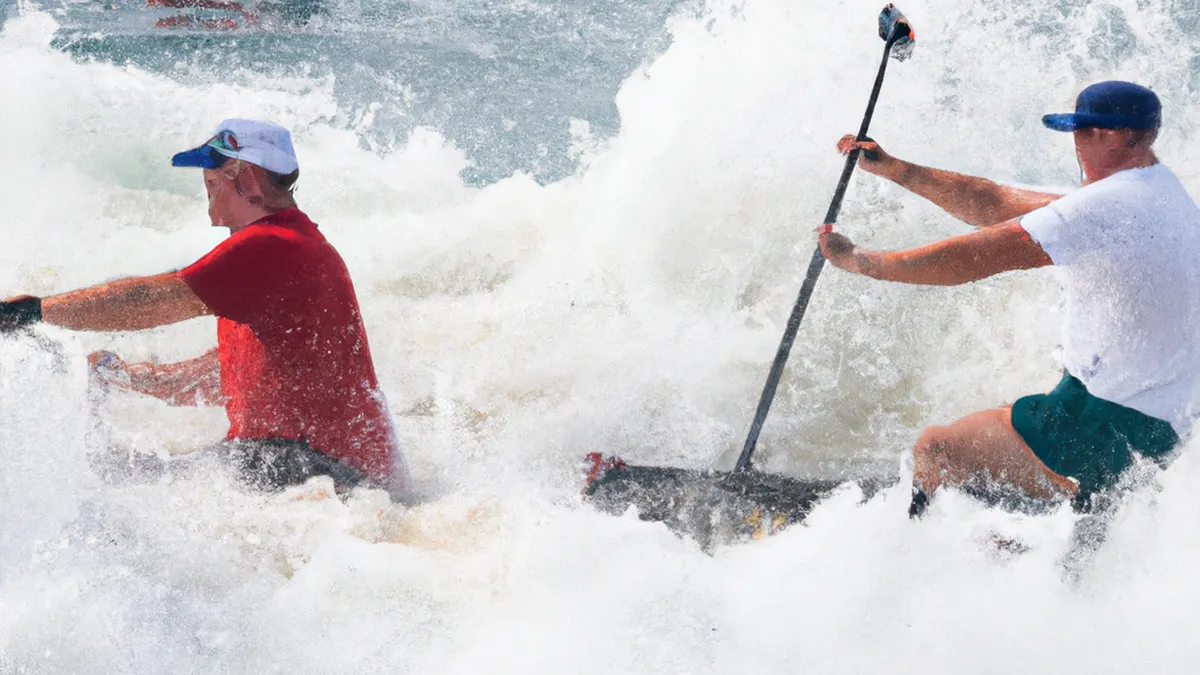Anticipate Offenses with Smart Positioning
Defensive Strategies for Team SportsIn team sports, defense plays a crucial role in the game’s outcome. A strong defense frustrates opponents, creates turnovers, and shifts momentum. Whether you play soccer, basketball, or football, mastering defensive strategies is essential. This blog post explores effective defensive strategies, provides helpful tips, and highlights their benefits.
Understanding Defensive Strategies
Defensive strategies vary by sport, but core principles remain the same. These principles include positioning, communication, and teamwork. A coordinated defense disrupts the opposing team’s rhythm and creates scoring opportunities.
Positioning is Key
Proper positioning is vital for effective defense. Players must always be aware of their surroundings and maintain a balanced stance. Staying between the opponent and the goal is critical in any defensive setup.Encourage players to anticipate movements. This anticipation allows them to intercept passes and block shots. In basketball, defenders should stay low and shuffle their feet. This technique helps players remain agile and responsive.In soccer, defenders must cut off passing lanes while being ready to tackle. Reading the game and predicting the ball’s movement significantly enhances defensive effectiveness.
Communication Builds Trust
Effective communication is crucial for any successful defense. Players need to talk to each other throughout the game. Use clear calls to alert teammates to potential threats. This communication coordinates movements and covers gaps.Encourage players to call out screens, switches, and help defense. In basketball, calling out “screen left” or “switch” allows teammates to adjust quickly. Consistent communication builds trust, making players feel confident in each other’s abilities.Employing a common vocabulary for defensive strategies streamlines communication during high-pressure moments. Establish this vocabulary in practice to make it second nature during games.
Teamwork Makes the Dream Work
Defensive strategies rely heavily on teamwork. Players must work together to close down space and pressure the ball. When one player commits to defend, others must support them. This collective effort maintains a strong defense.Drill teamwork in practice. Set up scenarios where players must work together to defend against attacks. In soccer, practicing a “defensive shell” enhances their ability to respond as a unit. This practice builds chemistry and improves on-field performance.Encourage players to understand each other’s playing styles. When teammates know each other’s strengths and weaknesses, they can better support one another during defensive plays.
Tips for Effective Defensive Play
As an Amazon Associate I earn from qualifying purchases.
Gear tip: consider soccer cleats, football, and soccer ball to support this topic.
1. **Stay Low and Balanced** A low center of gravity enhances stability and agility. A low stance allows players to pivot quickly and maintain balance while contesting shots or tackling.2. **Always Keep Your Eyes Up** Maintain awareness of opponents and the ball. This awareness helps players anticipate threats and react accordingly.
Conclusion
Strong defensive strategies are essential for team sports. Players can enhance their effectiveness through positioning, communication, and teamwork. Implement these tips for better defensive play.
Below are related products based on this post:
FAQ
Why is defense important in team sports?
Defense plays a crucial role in determining the outcome of team sports. A strong defense can frustrate opponents, create turnovers, and shift the game’s momentum in favor of the defending team.
What are the core principles of defensive strategies?
The core principles of defensive strategies include positioning, communication, and teamwork. These principles help disrupt the opposing team’s rhythm and create scoring opportunities for the defending team.
How can players improve their defensive skills?
Players can improve their defensive skills by focusing on proper positioning, maintaining a low and balanced stance, and enhancing communication with teammates. Practicing teamwork scenarios and understanding each other’s playing styles also significantly boosts defensive effectiveness.















Post Comment